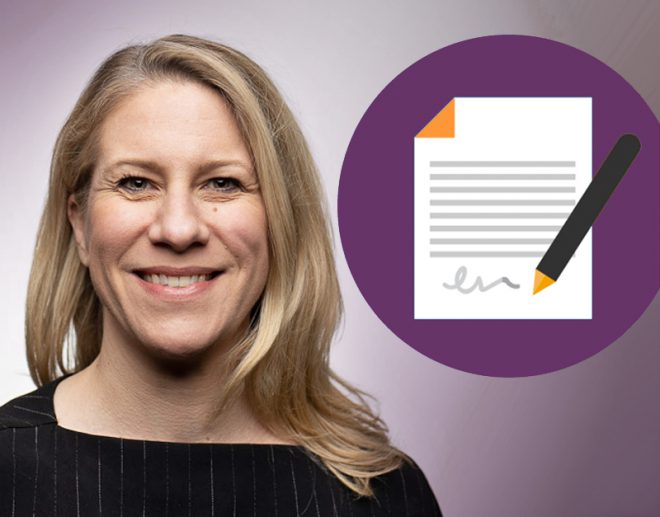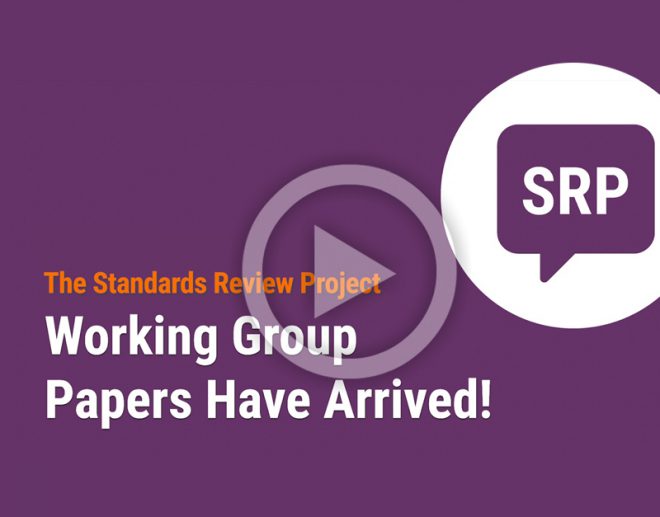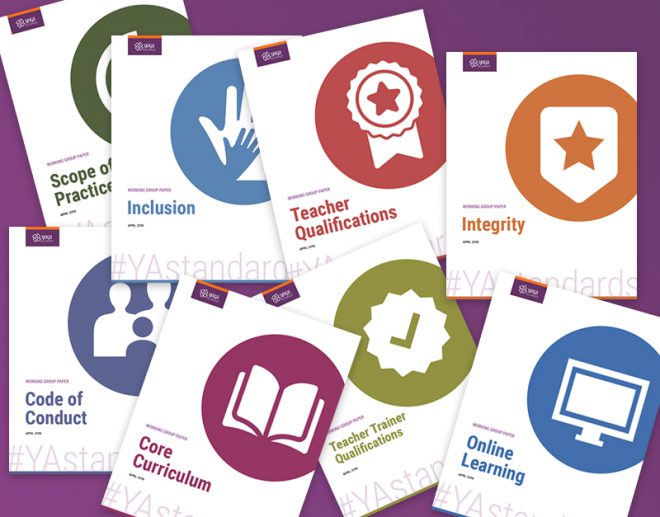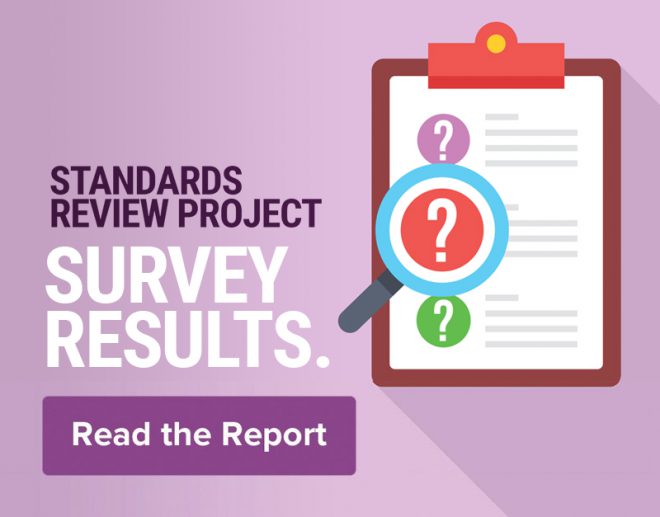Working Groups
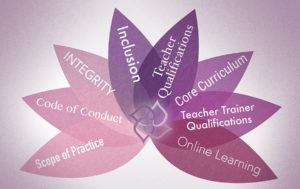
Yoga Alliance has identified eight key areas of inquiry for this Standards Review: Scope of Practice, Code of Conduct, Integrity, Inclusion, Teacher Qualifications, Core Curriculum, Teacher Trainer Qualifications, and Online Learning. Throughout the year, each of these areas of inquiry will serve as a theme for a month of community conversation and engagement.
In addition to direct feedback from members and non-members, YA will form a working group of 10–15 subject-matter experts from within and outside yoga for each of these areas of inquiry.
Through a series of moderated video conference calls over a 6–12 week timeframe during 2018, working groups will address specific questions on their respective topics; review and submit feedback to a Yoga Alliance liaison; and assemble a report of recommendations, which will be submitted to Yoga Alliance on the working group’s behalf.
We’d love to hear from you! If you are an expert in one of the working group areas below and would like to apply to the working group, please follow the link to each group and follow the instructions for applying on each page.
Scope of Practice Working Group
CONVERSATION: What is a yoga teacher?
A Scope of Practice is necessary to protect the public and clarify the role of yoga teachers in contemporary society. What is a yoga teacher trained to do, exactly? What do they do in practice? How is it different in the many environments in which they work? This working group and its members will collaborate to begin answering these key questions.
Ethics and Conduct Working Group
CONVERSATION: The ‘HOW’ of teaching yoga.
A Code of Conduct will lay the foundation for safe yoga education. As educators and practitioners we know that non-harming, honesty, and inclusiveness are prerequisites for student safety. We believe that the gifts of yoga are better served when supported with a solid ethical foundation. Learn more about this working group and its members.
Inclusion Working Group
CONVERSATION: Bringing yoga to everybody.
In this conversation we strive to answer the following questions: who is currently excluded from yoga in its current structure – cultural, physical, financial, geographic? What is the role of Yoga Alliance in fostering inclusion in yoga?
This working group may be a good place for you if you are a person of color in the yoga community; a body positivity advocate; a person with a disability in the yoga community; a person from the LGBTQ+ community; yogis from South Asia; an expert in diversity, inclusion & equity; an expert from an association/industry/business school who has worked toward a more inclusive culture.
Curriculum Working Group
CONVERSATION: Do yoga teachers need to cover some standard content?
This working group will convene to discuss what content, if any, needs to be standardized? Does yoga need a “common core”? What basic knowledge should every yoga teacher share (examples could be Anatomy and Physiology, Seva, Yoga history, Culture and Philosophy, Ethics and Scope of Practice, trauma sensitivity)?
We are looking for experts including long-time yoga teachers; anatomy specialists; yoga history and/or philosophy specialists; yoga school owners; credentialing experts (any field); diversity, inclusion and equity experts.
Teacher Qualifications Working Group
CONVERSATION: What qualifications are necessary to be a yoga teacher?
Some of the questions that this group will work through are what prerequisites if any should there be to take a yoga teacher training? Is the current 200hr/500hr system sufficient? Do we need more hours? Different levels?
We would like longtime yoga teacher trainers – from large and small yoga schools to apply. Additionally, we’re interested in hearing from retreat center curriculum directors; education trainers (ex. higher education, education specialists); and experts in diversity, inclusion & equity.
Teacher Trainer Qualifications Working Group
CONVERSATION: What qualifications are necessary to be a trainer of yoga teachers?
This working group will be tasked with discussing the following: are the current requirement of E-RYT 200 enough? If not how should it shift? Do yoga teacher trainers need a different type of education specifically geared toward training teachers (e.g., curriculum design, teaching methodologies, etc.)?
We would like long time yoga teacher trainers – from large and small yoga schools to apply. Additionally, we’re interested in hearing from retreat center curriculum directors; education trainers (ex. higher education, education specialists); and experts in diversity, inclusion & equity.
Integrity in Yoga Working Group
CONVERSATION: The pros and cons of testing.
This working group will discuss the ways in which other industries have solved for the issues Yoga Alliance has received feedback on recently; specifically regarding the pros and cons of testing yoga teachers upon completion of training. Additionally, the questions of who would to take an exam, how it would be administered, and how frequently? Should yoga schools be required to administer a practicum exam?
Yoga Alliance is looking for yoga school owners; experts in other sectors who have implemented national tests; credentialing experts from wellness industries; and experts in diversity, inclusion & equity.
Learn more
Online Learning Working Group
CONVERSATION: What, if anything, is the appropriate role of online education in yoga teaching and yoga teacher training?
This working group will use their expertise to discuss what if any elements of yoga teacher training should be allowed to be taught online? What sort of quality controls must be in place to offer quality online education?
If you are an online yoga educator; yoga school owner; credentialing expert from a wellness industry; or a diversity, inclusion and equity expert, we would love to hear from you.

